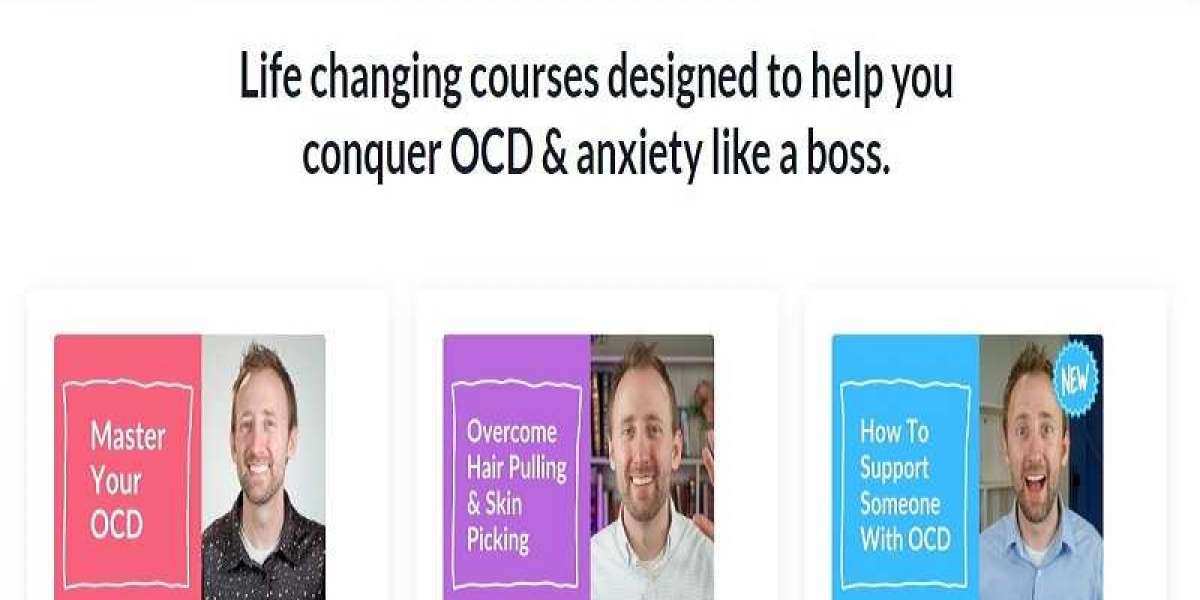Obsessive-Compulsive Disorder (OCD) manifests in various forms, affecting individuals in different ways. Among the many subtypes of OCD, moral scrupulosity, contamination OCD, OCD germs, and existential OCD stand out for their unique characteristics. Let's explore these subtypes and discuss strategies for managing them.
Moral scrupulosity involves intrusive thoughts and obsessions related to morality, ethics, and religious beliefs. Individuals with this subtype may constantly question their actions and fear violating their moral code. Engaging in repetitive rituals or seeking reassurance becomes a compulsion to alleviate the distress caused by these intrusive thoughts. Therapy approaches such as Cognitive Behavioral Therapy (CBT) and Exposure and Response Prevention (ERP) can help individuals challenge and reframe their obsessive thoughts, gradually reducing their compulsive behaviors.
Contamination OCD revolves around an excessive fear of germs, dirt, or toxins. The fear of contamination is so overwhelming that individuals may develop elaborate cleaning rituals, avoid public places, or excessively wash their hands. CBT and ERP techniques can aid in challenging irrational beliefs about cleanliness and implementing graded exposure to feared situations. Developing healthier coping mechanisms, such as practicing mindfulness and accepting a reasonable level of uncertainty, can be beneficial as well.
OCD germs refers specifically to obsessions and compulsions related to germs. It is a subset of contamination OCD but emphasizes the obsession with germs specifically. Individuals may be preoccupied with avoiding contact with germs or engaging in excessive handwashing rituals. Treatment for OCD germs follows a similar approach to contamination OCD, focusing on challenging irrational beliefs and reducing compulsive behaviors through exposure therapy and cognitive restructuring.
Existential OCD centers around existential themes, such as the meaning of life, the fear of death, or the nature of reality. Individuals with this subtype may experience intrusive thoughts related to the purposelessness of existence or their own mortality. Therapy for existential OCD often incorporates philosophical exploration, existential therapy techniques, and CBT. Engaging in mindfulness practices, reflecting on personal values, and seeking support from mental health professionals can assist in managing the distress associated with existential obsessions.
Managing these OCD subtypes requires a comprehensive approach that combines therapy, self-help strategies, and support from loved ones. In addition to therapy, individuals can practice self-care, including regular exercise, maintaining a balanced lifestyle, and engaging in activities that bring joy and fulfillment. Building a strong support system and educating family and friends about OCD can foster understanding and provide a network of support.
Remember, seeking professional help is crucial for an accurate diagnosis and tailored treatment plan. If you or someone you know is struggling with OCD, reach out to a mental health professional who specializes in anxiety disorders for guidance and support. With the right treatment and support, individuals can effectively manage these OCD subtypes and lead fulfilling lives. https://www.ocd-anxiety.com/














